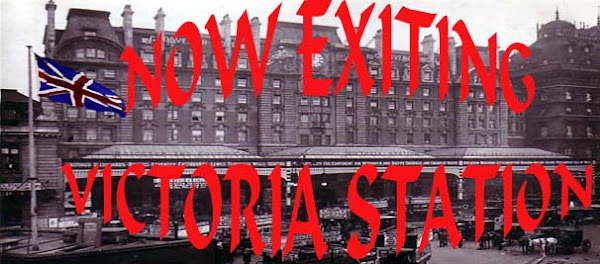The Garden Party intrigues me. It intrigues me further in light of Atkinson’s article “Mrs. Sheridan’s Masterstroke: Liminality in Katherine Mansfield’s Garden Party”. Atkinson spends a great deal of time defining the elements of the story that set the narrative in a “carnival”-type atmosphere of defying expectations and topsy-turvy situations. What interests me is the quote from Nicholas Nownes that Atkinson refers to several times, namely that “Garden Party is “the story of a young girl’s initiation from experience to innocence”. I am interested in the state of innocence and the state of experience, which characters fall into which categories, what the opposing states mean for Laura, which state she is in at the beginning versus the end of the story and what that means for the message that Mansfield is trying to convey through her narrative.
Innocence and experience could be defined in several contrary readings of the story. It is possible that Laura, seemingly more enlightened than her siblings (she is, after all, the one who is sent to liaise with the workmen setting up the marquee) began in experience and through the machinations of her mother and the chance events that brought her to the Scotts’ cottage, was “purged” of her liberal sentiments by the trial and was thus purified into a state of innocence at the end. It is equally possible that she began the play in a state of innocence and was transformed through one or more of several experiences. I would argue that if the second interpretation is to be expounded upon, it was the moment when she apologized to the corpse for her hat that wrought the change from one state to the other. In the face of death, all seem equal and the distinction of her hat, so important hours before in the context of the party is rendered not only ridiculous but positively offensive. The brilliance of the narrative is that the story lends itself to both interpretations. It is equally true that both interpretations are indictments of the bourgeoisie.
Extrapolating from the first interpretation, the bourgeoisie is indicted through their corruption of the fair-minded Laura. Her foil, tellingly give a name remarkably similar to her own, Laurie represents this corruption in my mind. He is the “ideal” of bourgeois social innocence. In order for Laura to become acceptable to her class, she must be purged of her social awareness and worse, sympathy and become like Laurie. This reading is supported by the fact that it is Laurie who accompanies her on jaunts into the poor district. He remains, according to his class, “uncorrupted” by sympathy. The fact that it is he who goes to collect Laura after her ordeal and that he seems to have a tacit understanding of her feelings suggests that she has emerged like him. Mansfield seems to be saying that the reader ought to be slightly revolted by this. I was. Incidentally, I slightly resent Atkinson’s comparison of Laurie to Bertie Wooster. As a major fan of Wodehouse, I can see a resemblance in character, but Laurie’s function, in my opinion, distances him from a parallel with Plum’s frequent protagonist. Bertie would have cared. So there (insert childish harrumphing here).
The second reading is an indictment also. If Laura travels from innocence to experience, we are confronted by the absurdity of everything that occurred before the death of the carter. If it is absurd than the class distinctions, so fundamental to the very idea of a garden party, are also absurd. We are invited to witness Laura’s transformation and decry the ease with witch she reintegrates herself into her former lifestyle via her short conversation with Laurie at the end.
As a final aside, ever since I was a small child my favourite sandwich has ALWAYS been egg and olive. This is the first time I have ever heard it mentioned anywhere outside of my own family, and to hear it so derided, well, I must confess I was a bit hurt. That is all.
Monday, February 25, 2008
Subscribe to:
Post Comments (Atom)



No comments:
Post a Comment